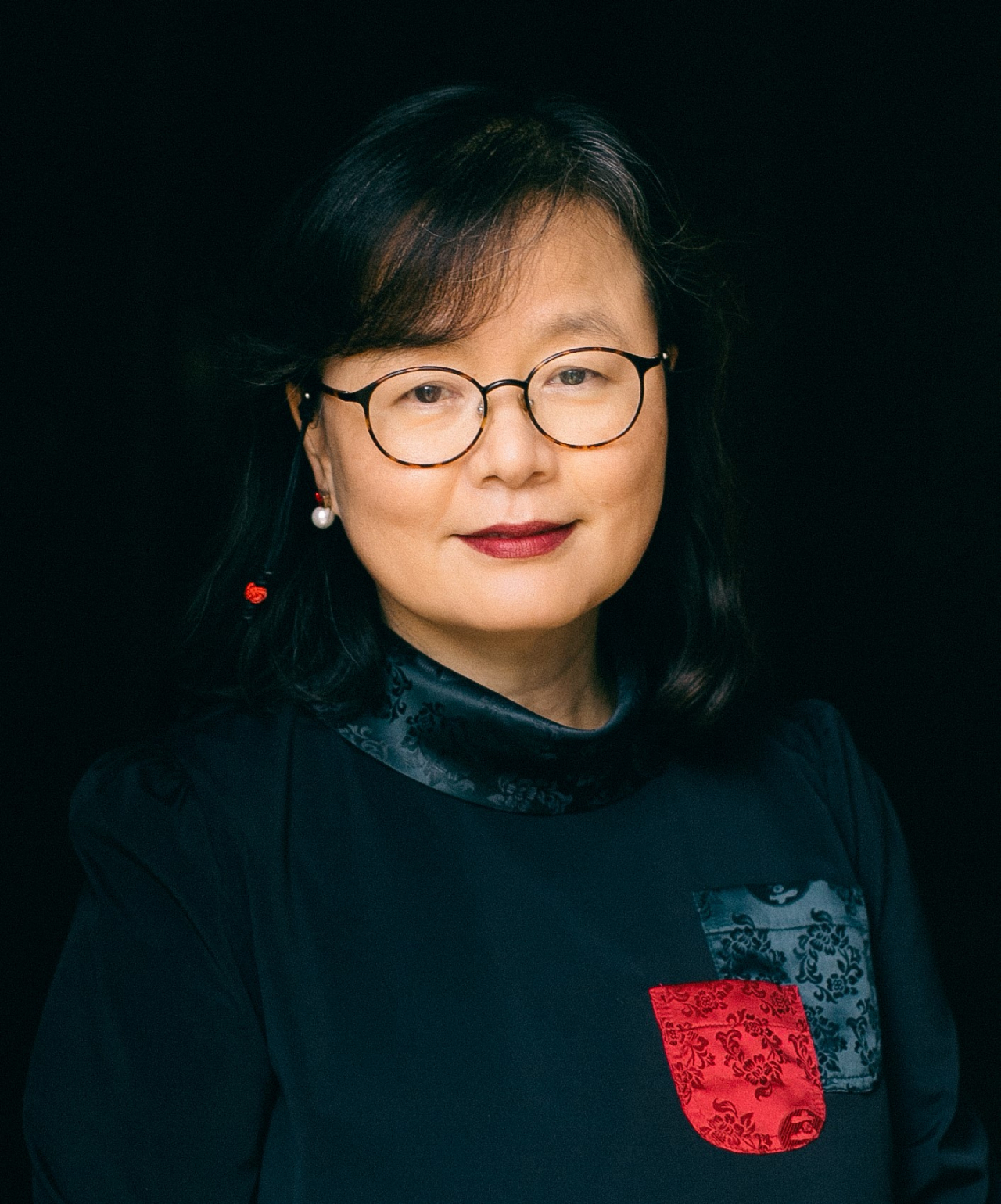 |
Lee Eun-jeung, professor at Free University of Berlin (Freie Universität Berlin) |
Education about Korean culture should go beyond merely presenting Korea's proud cultural heritage. It should be a two-way communication, beginning with addressing what foreigners are most curious about, said Lee Eun-jeung, director of the Institute of Korean Studies at the Free University of Berlin.
In an e-mail interview with The Korea Herald, the professor said that if the education on Korean culture is carried out solely with the intention of showcasing what Koreans want to present to foreigners, it could potentially lead to counterproductive results rather than enhancing understanding of Korea.
“What we perceive as positive aspects of our culture may not align with what foreigners are curious about,” she noted.
Regarding the most pressing issue facing her region’s Korean language education field, the professor emphasized the necessity to diversify textbooks in order to meet the varying needs of learner groups which range from Hallyu fans to Korean studies students.
Below are edited excerpts from the interview.
Q. What do you think are the most important tasks in Korean language education around the world or in your region, and why do you think so?
The teachers in our Korean studies department believe that our students most need textbooks for the advanced-level Korean language. We also need grammar textbooks.
There’s also a lack of materials that can help learners understand idioms and Korean words based on Hanja (Chinese letters), which is essential for learners to be able to dig deeper into the Korean culture and history.
Q. Hallyu is undoubtedly among the main factors that drove the rapid increase in demand for learning Korean. What should the Korean government, universities or related institutions work on to keep the Korean language in demand, without the help of Hallyu?
It is true that K-pop fans try to learn Hangeul.
Various types of textbooks need to be developed to cater to the distinct needs of learners. For example, students of Korean studies will require textbooks distinct from those designed for those learning Korean as a hobby.
Q. As language and culture are intertwined, Korean cultural education is considered essential in Korean language education. Could you share your views on the role of Korean cultural education and how it should be done?
If education about Korean culture is conducted solely with the intention of showcasing the cultural heritage we want to present to foreigners, it could potentially lead to counterproductive results rather than enhancing understanding of Korean culture.
Cultural education that aids in understanding the relationship between human civilization, regional cultures, and Korean culture, while acknowledging both universality and the distinctive nature of Korean culture, is of utmost importance.
A Korean cultural education based on an analysis of what foreigners are curious about is necessary. What we perceive as positive aspects of our culture may not align with what foreigners are curious about.
Q. How do you think the educational technology industry can help the qualitative growth of Korean language education around the world?
Various online content is already proving beneficial for Korean language education. Looking ahead, I believe technologies can be utilized in various ways like building a databank that could help assess a learner’s vocabulary and sentence proficiency levels across different stages of language acquisition.
This is part of The Korea Herald’s “Hello Hangeul” project which consists of interviews, in-depth analyses, videos and various other forms of content that shed light on the stories of people who are learning the Korean language and the correlation between Korea’s soft power and the rise of its language within the league of world languages. – Ed.







